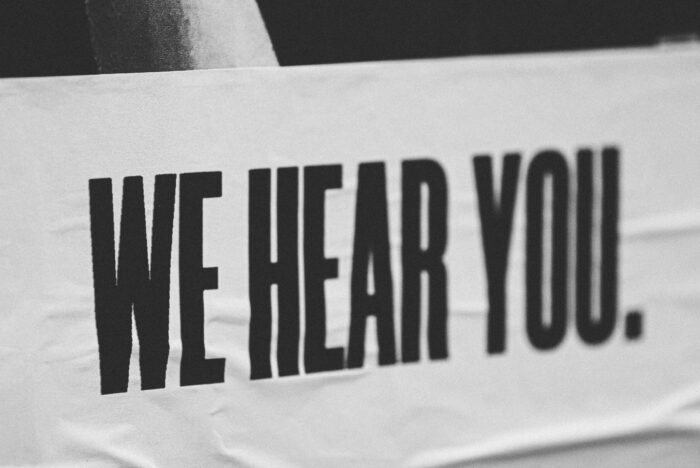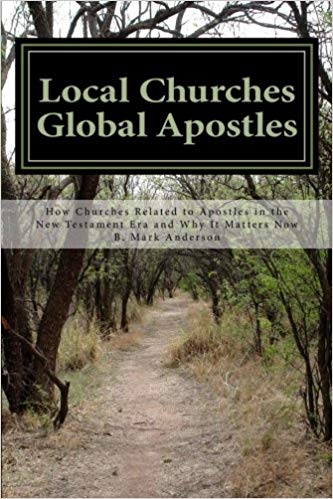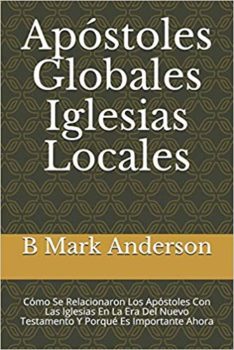
Poll: Most Americans Believe In Biblical God, Heaven And Hell, And Purpose For Suffering
Many Americans hold religious convictions including belief in God, belief in heaven and hell, and the belief that God is not to blame for human suffering.

By Pamela DanzigerDECEMBER 8, 2021
If you only watched corporate media’s coverage of the Dobbs v. Jackson Women’s Organization abortion case before the Supreme Court last week, you’d think very few people still believed in Christianity and its values, prominent among which is the belief that life is divinely created and precious. But a recent poll suggests the majority of Americans do express a belief in God.
In a survey of some 6,500 American adults, Pew Research Center found that many Americans still hold religious convictions including a deep and abiding belief in God, belief in heaven and hell, and the belief that God is not to blame for human suffering.
58 Percent Say They Believe in the God of the Bible
In the survey, a majority of Americans (58 percent) define their God as the one described in the Bible. Another one-third (32 percent) believe in a god or spiritual power, although not necessarily that of the Bible. All told, nine in 10 Americans believe in some higher power working in our world.
As for respondents’ religious affiliation, Pew found some 66 percent identified as Christian — 42 percent Protestant and 21 percent Catholic. Another 28 percent claimed no religious affiliation, including 10 percent who were atheist or agnostic and another 18 percent who said they believed “nothing in particular.”
To square these seemingly contradictory survey findings — 58 percent believe in God of the Bible and 66 percent claim Christian religious affiliation — we can assume some professing Christians may not hold to a strictly biblical interpretation of God. Also, many of those who claim they believe nothing in particular still believe in God or a higher power of one kind or another.
Most Americans Believe in Heaven and Hell
Trusting in God means he controls our eternal destiny. Nearly three-fourths of all adult Americans (73 percent) believe in heaven.
Slightly fewer (62 percent) believe in hell, but who can blame them? The prospects of being consigned there for eternity are grim. It’s a place of torment (51 percent believe in physical suffering and 53 percent in psychological anguish) and eternal separation from God (49 percent).
On the other hand, Americans believe heaven is a place where one is free from suffering (69 percent) and where we are given perfectly healthy bodies (60 percent). God is there (62 percent), as are one’s loved ones who’ve passed on (65 percent).
Americans Don’t Blame God for Suffering
The philosophical question of why a good God would allow earthly suffering initially drove Pew to the survey, in which pollsters found some 80 percent of Americans believe the suffering in the world comes from the actions of people, not God.
That’s because God gives us free will. A slightly smaller percentage (about seven in 10) agree with the statement: “Human beings are free to act in ways that go against the plans of God or a higher power.”
There is also a widespread belief that everything in our lives happens for a reason (68 percent) and that reason is part of God’s greater plan (56 percent). Few (14 percent) let the suffering in the world shake their belief in God. Further, some 44 percent believe that Satan is largely responsible for the suffering in the world.
Thanks Be to God
Sometimes bad things just happen — a belief 86 percent of Americans share. When Americans observe terrible things happening in the world, they overwhelmingly give thanks. Some 71 percent report they feel thankful for the good things in their lives when they hear of other tragedies.
When confronted with others’ suffering, they also feel sadness for those affected (62 percent) and 40 percent have a desire to help those in need. It’s not surprising, then, that the United States is the world’s most charitable nation.
Not only do Americans believe in God who has a plan for their lives, they also believe that God hears them and cares for them. Some 67 percent believe they can get a definite answer to prayer, while 46 percent believe they have had their prayers answered.
God is of the spirit and Americans believe there is a spirit in them. For example, some 72 percent believe it is possible to have a near-death experience where their spirit leaves their body.
Beliefs in God, Good, and Evil Are Unshakeable
Despite the fact that this survey shows a level of unorthodox belief — for example, one-third believe in reincarnation — just about all adult Americans (91 percent in total) believe some higher power is in control of the things we cannot control.
That is God. Science or natural causes cannot fully explain the world as we see it and the things that happen in our lives — a truth with which 83 percent of Americans agree.
As William Shakespeare’s Hamlet said, “There are more things in heaven and earth, Horatio, than are dreamt of in your philosophy.” No matter what religion they profess, Americans are aware that there is more to life — a reason for being — that goes beyond the natural world.
Those of us who come from the Judeo-Christian tradition can explain why belief in God is so prevalent. God has written the knowledge of him and of good and evil on our hearts, as the Bible’s Jeremiah 31:33 says: “I will put my law within them, and I will write it on their hearts.”
Be it the Judeo-Christian God or some other higher power, most Americans believe God is the only way to explain how the universe came to be and why each of us was placed on this earth at this point in time. It is an unshakeable belief that most Americans profess. God is indeed good.
Pamela Danziger is a market researcher specializing in the study of consumer behavior and motivation. Author of ten books, she shares insights as a senior contributor on Forbes.com. And as a Christian, she is co-founder of Faith Underground. She holds an M.L.S. from University of Maryland and B.A. in English Literature from Penn State.Photo ItalyGuides.it / YouTube
Published in The Federalist on Dec 8, 2021






jwgky7
fdkccb